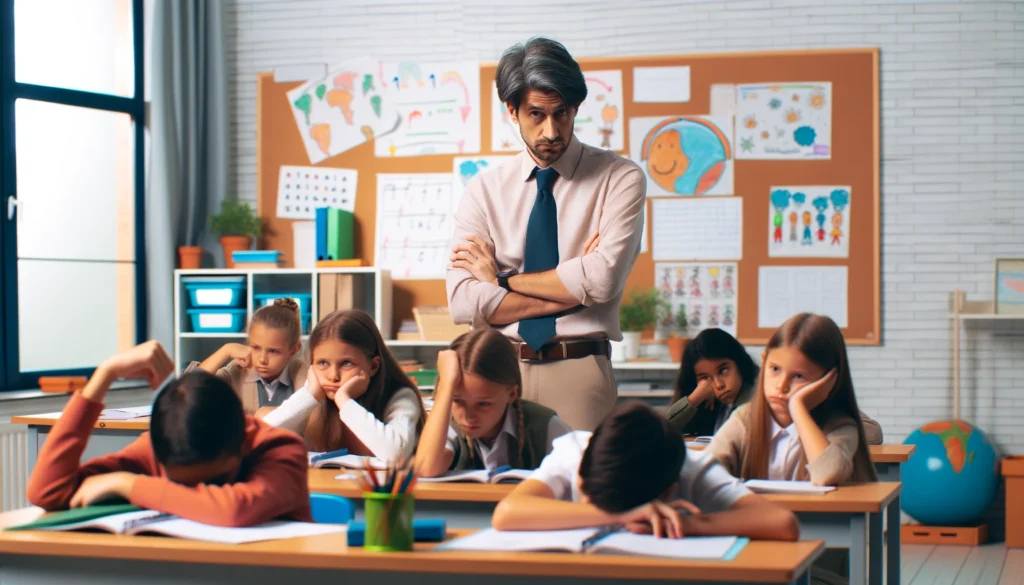Leo Labonte
Other People's Children
Lisa Delpit describes situations in which teachers make assumptions about students or fellow teachers based on their race or background. Some teachers don't understand that they are born with power or privilege, which affects their classroom environment and the student-teacher relationship. Some teachers try to point out issues to their colleagues, but some ignore what their colleagues have to say because they haven't faced these issues and don't see them as a problem they need to address. There were multiple interesting points that Delpit writes about, but I highlight a few that I found very interesting while I was reading.
At the beginning of the reading, Delpit described how an African American teacher was trying to convince their white colleagues that they needed to do more work with their African American students, but their colleagues didn't take them seriously, so they had to step up to pick up the slack. Delpit states, "You can only beat your head against a brick wall for so long before you draw blood"(21-22). People can challenge issues that they see, but after a while, it becomes tiresome and aggravating to continue to fight it. The African American teacher can't make her colleagues more open-minded and change their teaching methods. The teacher will eventually only worry about what she can do because it is too challenging to change someone's mind who doesn't think about issues that they don't face.
Another section that I found interesting was when Delpit described the power in a classroom and how there is a delicate balance. As a teacher, you can't be super strict where the students are afraid to express themselves, are speaking up or being too friendly and the students walk over you and don't respect you. Teachers need to realize that students may have an understanding about what you are trying to teach them or may know something that you don't know that relates to a class topic. Teachers need to respect a student's opinion and not instantly deny them and expect them to be wrong because they are younger than the teacher. Delpit writes, "To deny students their own expert knowledge is to disempower them"(32-33). By saying a student is wrong without being sure, you are taking away what power the student has and their confidence. This may also cause students not to volunteer in classroom discussions because the teacher will assume that they are wrong.

Finally, teachers need to make their classrooms a place that is welcoming to all and that highlights multiple cultures. Teachers need to share the issues that the community, society, or world are facing, and by doing this, it allows students to be aware of what others around them are facing and to be more prepared to challenge the issues in the world. Delpit states, "And finally, we must learn to be vulnerable enough to allow our world to turn upside down in order to allow the realities of others to edge themselves into our consciousness. ...Teachers are in an ideal position to play this role, to attempt to get all of the issues on the table in order to initiate true dialogue. This can only be done, however, by seeking out those whose perspectives may differ most, by learning to give their words compete attention, by understanding one's own power,..."(47). Teachers need to share opinions and beliefs that the students and the teacher themself may not experience in their life and by doing this they all start to understand others that are different than them.
Overall, from this reading, I learned that teachers need to be aware of their additional job of challenging issues in the world and educating their students on these issues so their students can also make the world a better place because everyone has to work together for the world to change for the better. Teachers shouldn't give up in difficult situations and need to set an example for their students.

Hi Leo! From the reading, and the Keynote address by Delpit I also pulled out that teachers need to be aware of not only challenging issues in the world, but also how they think, and their beliefs and expectations of students. Kids are very impressionable and perceptive so they pick up on how you think about them, and how you treat them! They also look to teachers for answers, and wisdom so that's where the challenging topics being talked about comes in.
ReplyDelete